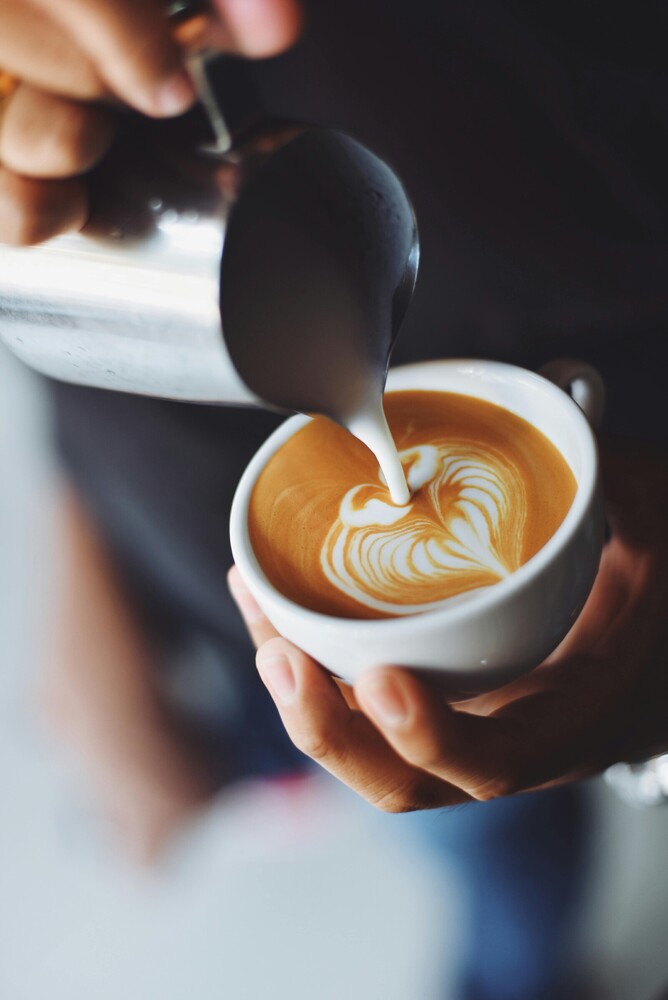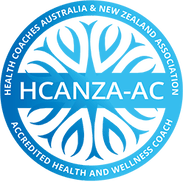Friend or Foe?
Coffee is one of those drinks that everyone has an opinion about. It’s the go-to beverage for early mornings, social gatherings, and that mid-afternoon pick-me-up. I used to joke that I couldn’t trust people who didn’t drink coffee! I was also the type to proudly say, "I can have five coffees in a day, even just before bedtime, and it doesn’t affect my sleep."
But then I hit my mid-30s, and things started to change. With fluctuating hormones, increased stress, and rising anxiety levels, I decided it was time to take a serious break from my beloved black java.
The Break That Changed Everything
Taking a break from coffee was eye-opening. I began to notice just how much it was affecting me. My sleep improved—I started sleeping deeper and with fewer interruptions. My day-to-day life became calmer, and I felt more at ease.
Now, giving up coffee wasn’t easy, especially after having it daily since I was 15. Coffee was a part of my identity. The easiest solution for me was to switch to decaf. This way, I could keep my beloved ritual and enjoy the flavor without the added tension on my nervous system.
How Coffee Affects Your Nervous System
Let’s take a moment to talk about the nervous system. Caffeine is a stimulant, meaning it increases activity in both the brain and the nervous system. It also boosts the circulation of stress hormones like cortisol and adrenaline in the body. So, if you’re already stressed, adding coffee is like throwing fuel on the fire.
When I reintroduced coffee into my life after a year-long break, I immediately felt the effects. I started talking faster, my heart raced, and my anxiety skyrocketed—none of which are typical traits for me! So, back to decaf I went. Most of the time, at least. There are always social situations where it’s easier to just accept a regular coffee than to be the one asking for decaf with plant-based milk!
The Good Side of Coffee
But surely there are some good things about coffee, right? Absolutely! That’s why the scientific community is always debating this much-loved drink. Several studies in recent years have highlighted the benefits.
A large study from Harvard University found that people who drink up to eight cups of coffee per day may slightly lower their risk of early death compared with non-drinkers. Interestingly, whether the coffee is caffeinated or decaf, brewed or instant doesn't seem to matter.
Another study published in the European Journal of Preventive Cardiology linked drinking two to three cups of coffee a day with a longer lifespan and a lower risk of cardiovascular disease compared to those who avoid coffee. The reason? Coffee contains antioxidants, polyphenols, and fiber, which are also found in foods like berries, spinach, and red wine.
The Bottom Line
So, what’s the takeaway? If you’re stressed or suffer from anxiety, it might be worth cutting the caffeine or at least taking a break to see how it affects you. But if you enjoy your daily coffee and it doesn’t give you heart palpitations or disrupt your sleep, go ahead and enjoy it. Or do what I do—stick to decaf, so you can still savor the ritual and potentially reap the benefits of a longer life, without the short-term side-effects.





